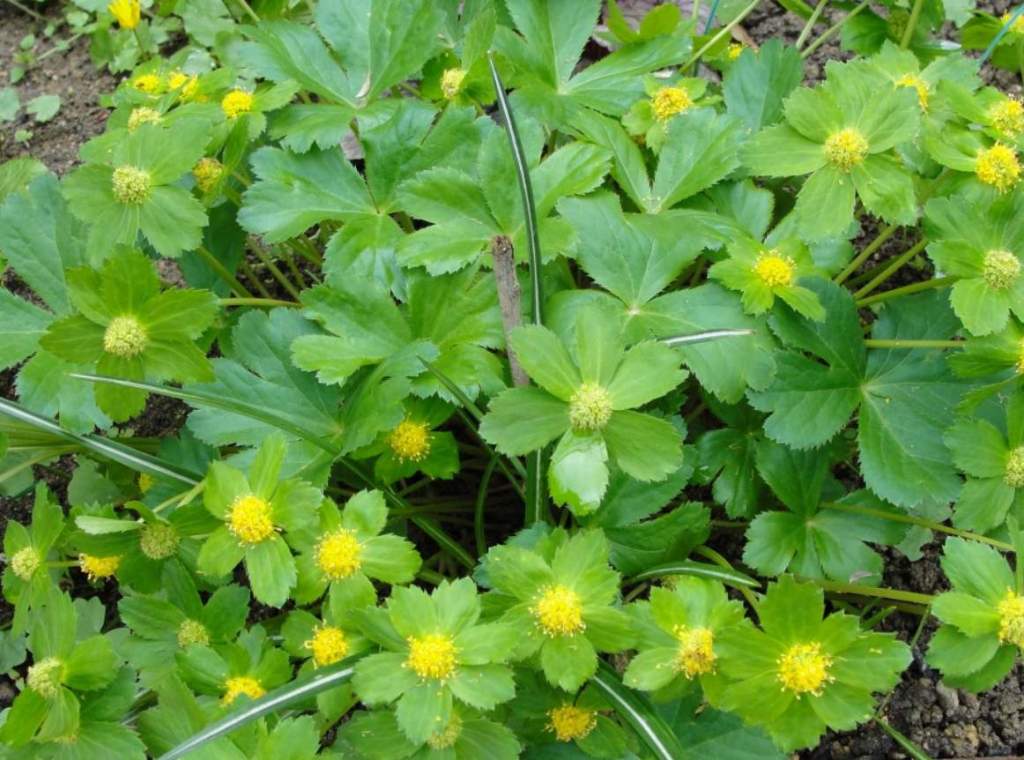Did you know that the chemicals we use to protect our plants can be toxic? Here’s a legal way to protect yourself. Herbicides, fungicides, and other chemicals used on plants can be extremely harmful if ingested. They can cause cancer, birth defects, and a host of other health problems.

So why do we continue to use them? The answer is simple: because they work. Herbicides kill weeds quickly and efficiently, and fungicides keep fungus at bay. But what price are we paying for this convenience?
Unfortunately, potentially high prices in terms of our health. To legally protect ourselves from these dangers, we need to understand a few things about how these chemicals are regulated by the government.
Therefore, in this article, we will try to explain all the legal aspects of this matter including how the government regulates chemicals for plants, what are your options if you believe you have been harmed by them, and what you can do to limit your exposure to these chemicals. So let’s get started.
What Chemicals Are We Talking About?
The first thing we need to understand is that three different types of chemicals can be used on plants: herbicides, fungicides, and insecticides.
Herbicides are chemicals that are used to kill weeds. Some of the most commonly used herbicides are Paraquat, Glyphosate, 2,4-Dichlorophenoxyacetic acid (2,4-D), and Atrazine.
Fungicides are chemicals that are used to kill fungi, such as mold and mildew. Insecticides are chemicals that are used to kill insects that may harm plants, such as beetles and moths, and a good way to prevent this is to sure natural carpet moth killer, especially moth pest that is in your house.
All of these chemicals can be extremely harmful to human health if ingested, inhaled, or absorbed through the skin. They have been linked to cancer, birth defects, reproductive problems, neurological damage, and a host of other health problems.
The Government’s Role in Regulating Chemicals for Plants
In the United States, the Environmental Protection Agency (EPA) is responsible for regulating herbicides, fungicides, and other chemicals used on plants. The EPA sets strict limits on the amount of these chemicals that can be used on plants, and they also require that all products containing them be labeled clearly.
However, the EPA does not test all of these products before they are available for use. Instead, they rely on manufacturers to provide accurate information about their products. This means that there is potential for some products to be more harmful than others.
What Are Your Options If You Have Been Harmed by Chemicals for Plants?
If you believe that you have been harmed by chemicals for plants, there are a few options available to you.
First, you can contact the EPA and file a complaint. The EPA will then investigate the matter and take appropriate action if necessary.
Second, you can contact a lawyer and file a lawsuit. This is usually only an option if you have suffered serious health problems as a result of exposure to these chemicals.
As mentioned before, paraquat is one of the most commonly used herbicides on the market and one of the most dangerous. If you have been exposed to paraquat and have suffered any of the known paraquat side effects as a result, you may be able to file a lawsuit against the manufacturer. In that case, you will need a good personal injury lawyer to help you with your case.
Third, you can try to negotiate a settlement with the manufacturer of the product that you believe harmed you. This is often the quickest and easiest way to get compensation, but it is not always possible. And if you choose to go this route, be sure to have a lawyer on your side to help you get the best possible settlement.
How to Avoid Exposure to Chemicals for Plants
The best way to avoid exposure to these harmful chemicals is to be aware of them and take steps to limit your exposure.
If you live in an area where herbicides are commonly used, for example, you should try to stay indoors as much as possible when they are being applied. You should also make sure that any food you eat from gardens or farms in these areas is thoroughly washed before consumption.
In addition, you can buy organic products whenever possible. These products are not allowed to contain any synthetic pesticides or herbicides. However, only products that have been certified organic by the USDA can make this claim. So, be sure to look for the USDA organic label when shopping for food and other products.
Finally, you should always follow the instructions on product labels carefully. This includes reading the fine print and following all safety precautions.
How to Use These Chemicals Legally if You Need To
When it comes to your safety, the first thing you should do is always wear protective clothing when using them. This includes gloves, a mask, and long sleeves and pants. Depending on the product, you may also need to wear a respirator. In addition, you should always mix and apply these products according to the instructions on the label.
On the other hand, if you want to avoid any legal liability, it is important to make sure that you only use these products according to the law. For example, in most states, it is illegal to use herbicides on your property if they can drift onto your neighbor’s property.
So, if you live in an area with a lot of wind, it is important to be extra careful when using these products. Also, if you are planning to use any of these products near a school, hospital, or other public places, you may need to get a permit first.
Always Consult With an Attorney Before Taking any Action
While it might be tempting to try to handle these matters on your own, it is always best to consult with an attorney before taking any action. Whether you were harmed by these chemicals or you are planning on using them, an attorney will be able to advise you of your legal rights and options and help you choose the best course of action for your particular situation.
In addition, an attorney can help you gather evidence and build a strong case, if necessary. So, if you have been exposed to harmful chemicals used on plants, don’t hesitate to contact an experienced personal injury attorney today.
On the other hand, if you need to use any of these chemicals, it is important to make sure that you are using these products according to the law. An attorney can help you understand the laws in your state and make sure that you are taking all the necessary precautions to avoid any potential legal liability.
As you can see, there are a few important legal considerations to keep in mind if you want to protect yourself from the potential health risks associated with toxic herbicides and other harmful chemicals used on plants.
By being aware of these risks and taking steps to limit your exposure, you can help keep yourself safe from harm. And if you do need to use any of these products, working with a good lawyer will help you ensure that you are using them legally and safely.







